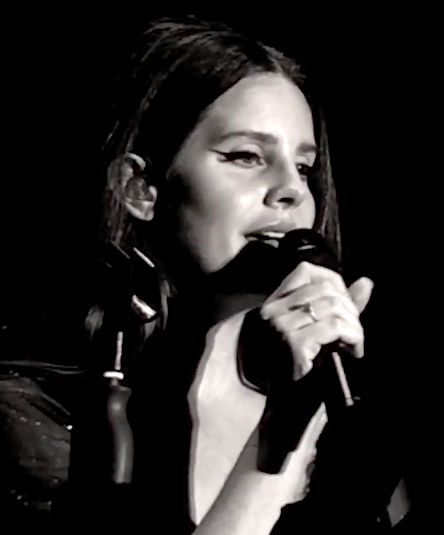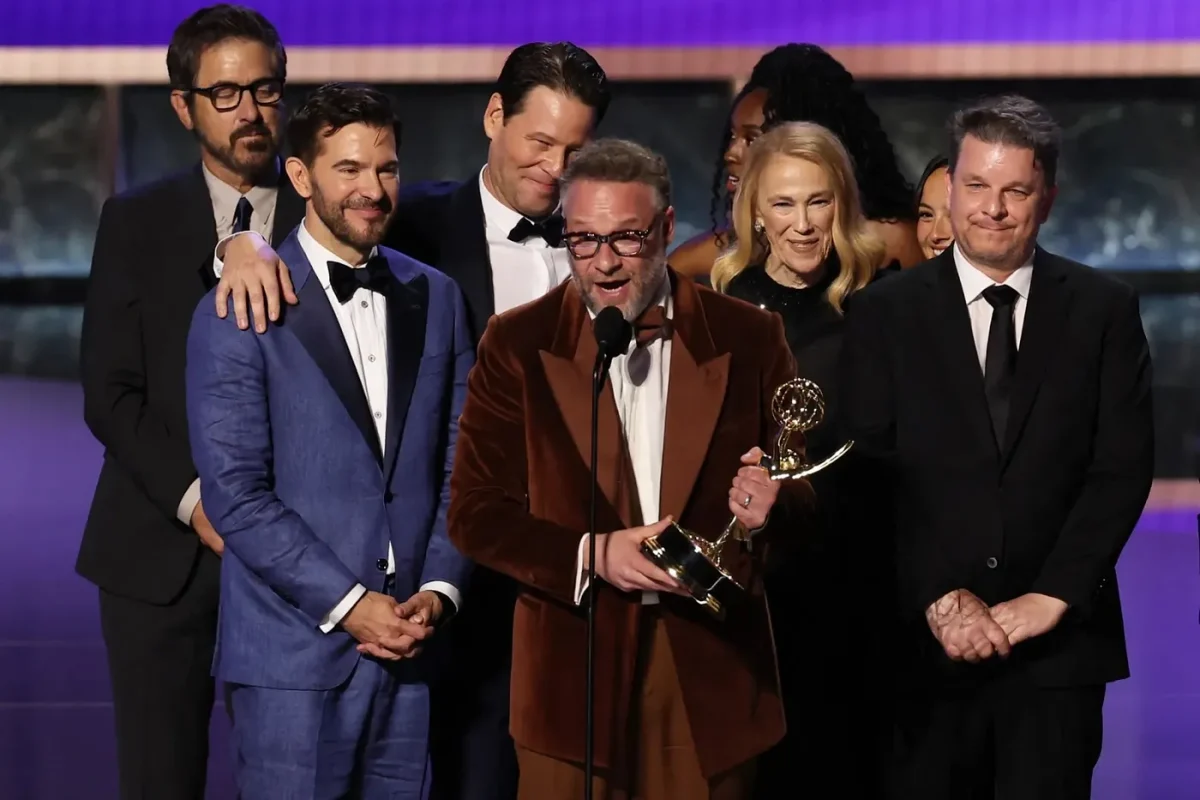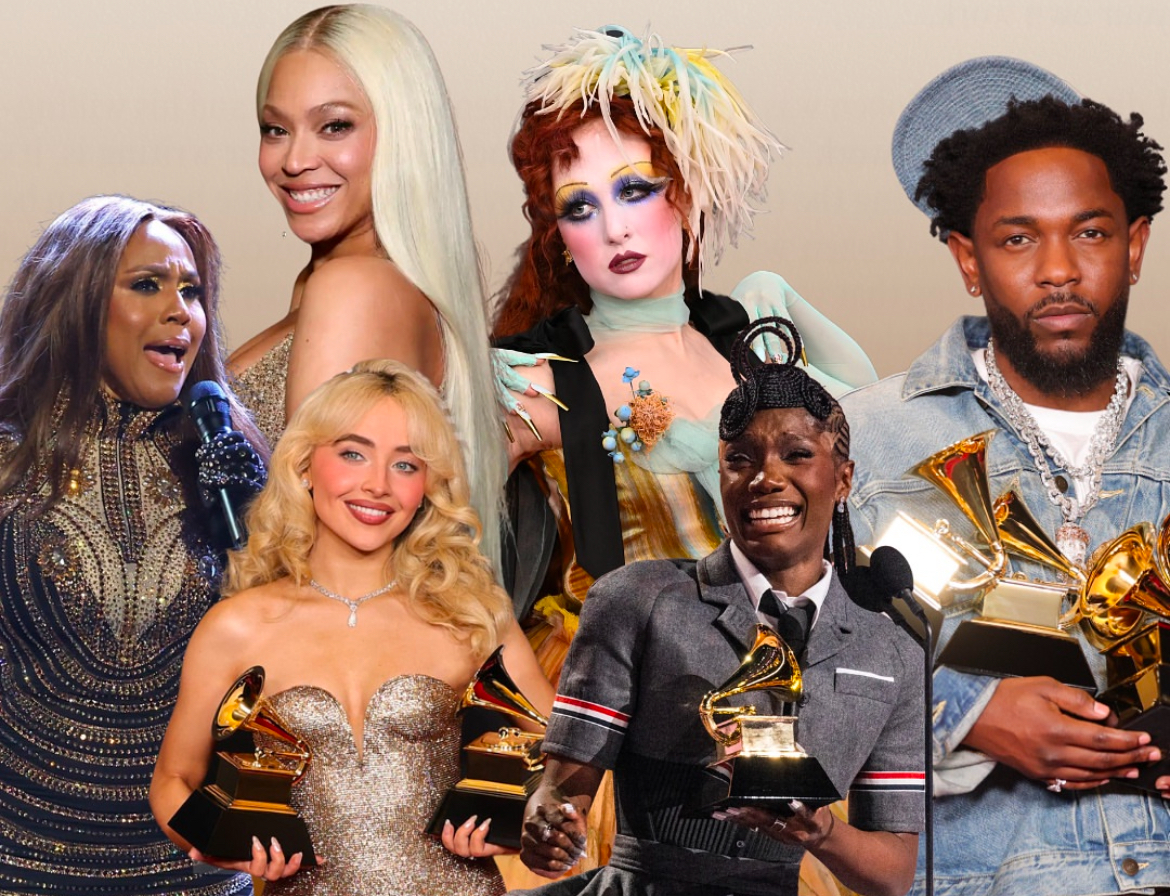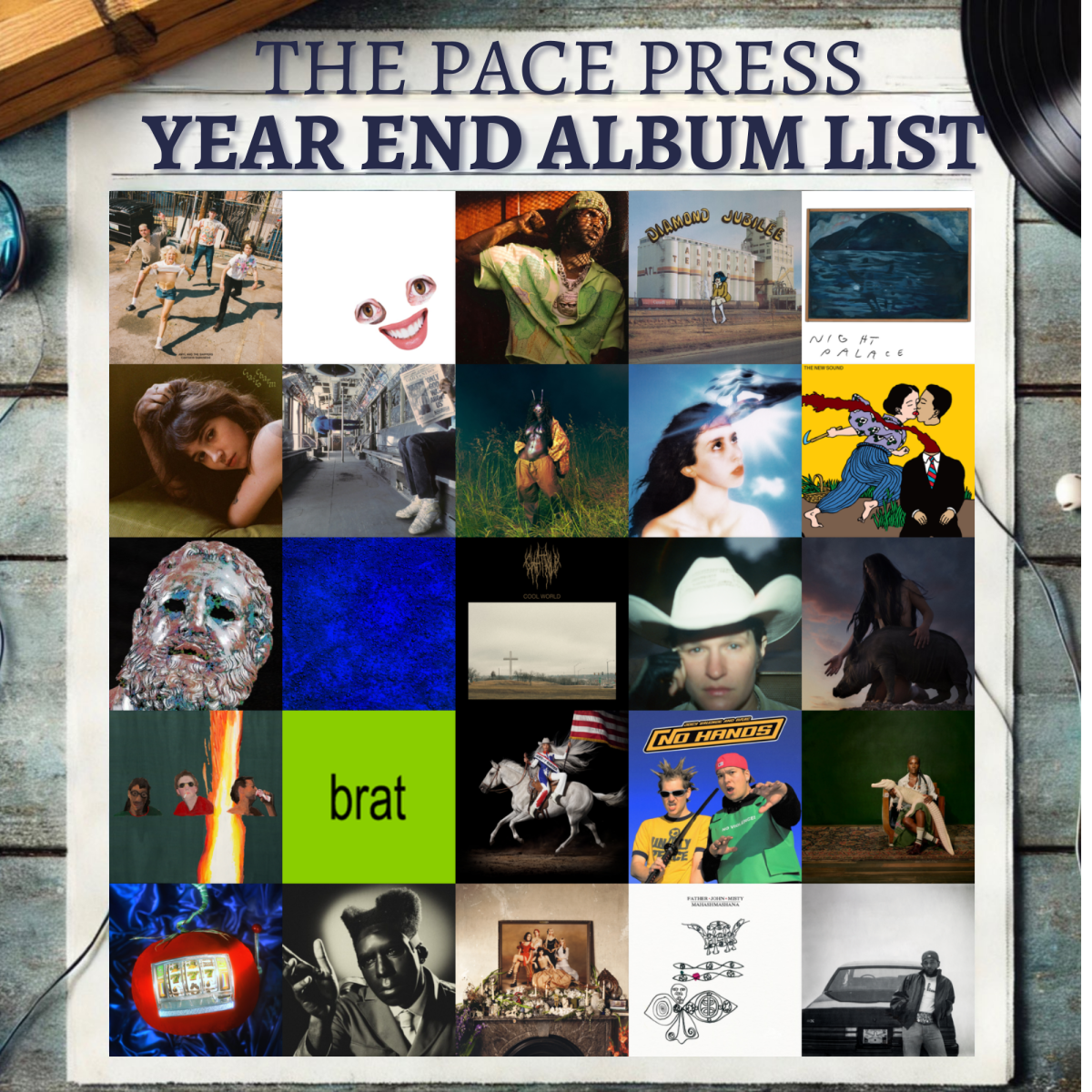From the time she released her cover of “Doin’ Time” back in May of this year, Lana Del Rey fans around the world knew her upcoming album would be one for the books. Boldly titled “Norman F**king Rockwell,” the 14-track album received a 9.4 rating on Pitchfork, and is being referred to as “America’s Obituary.” So, what makes this album so special?
Known for depicting and romanticizing the classic “American Dream” in many of her past songs, photoshoots, and album art, Del Rey has clearly gone in the polar opposite direction with “NFR.” It has, for example, been speculated that she has stopped performing with American flags behind her on stage since President Donald Trump was elected. Her music has always been raw, yet romantic, and none of these Lana-esque qualities have drifted off. However, through many of her lyrics on “NFR,” fans can see that she has transitioned into another era of her career. Not only that, but it is seeming to follow the timeline Americans are experiencing right now, bringing attention to the controversial political climate and issues such as feminism and the current state of the environment.
The title of the last track says it all: “hope is a dangerous thing for a woman like me to have—but I have it.” With the seemingly never-ending toxic masculinity in today’s society, hope can be a dangerous thing for a woman, especially in what appears to be heterosexual relationships Del Rey describes in many more of her songs. Similarly, in “Mariners Apartment Complex,” Del Rey sings, “They mistook my kindness for weakness, I f**ked up, I know that, but Jesus can’t a girl just do the best she can?” Soon after in the same song, she sings, “Baby, I’m your man,” suggesting power over the very idea of toxic masculinity in a very blunt but effective way.
Del Rey also sneaks the topic of climate into the album through the song “The greatest.” She chillingly sings “…If this is it, I’m signing off, miss doing nothing the most of all. Hawaii just missed that fireball. L.A. is in flames, it’s getting hot, Kanye West is blond and gone, ‘Life on Mars’ ain’t just a song…” These lyrics give a slight sense of giving up, but also a wakeup call to the current state of the world, such as wildfires in Los Angeles and even the exaggeration idea of moving to Mars to avoid the pain the earth is experiencing.
The title of the album fits right along with Del Rey’s classic Americana theme. Norman Rockwell and his works of art and writing surrounding American culture are timeless, especially today. Del Rey highlighting his impact on the way we see the U.S. (especially by throwing a solid F-bomb in the middle of his name for emphasis) connects Rockwell’s often controversial patriotism with how Americans live today. With her platform in the music industry, drawing attention to this aspect of America speaks volumes.

It is no secret that many of Del Rey’s listeners are college-aged people. University sophomore Noah Zelinsky said, “NFR is a cohesive masterpiece; her finest piece of art since her debut. It’s simplistic yet beautiful production alongside hard-hitting lyrics. Album of the year!”
University sophomore Shirley Zhang said, “NFR is such a great album! It single-handedly revived my 2012/2013 Lana phase, and I’m obsessed with ‘How to disappear’ and ‘Cinnamon Girl’. The album captures so much heartbreak and that recurring white picket fence American romance.”
As someone known for iconic and powerful songs of the Millennial generation, Del Rey should be proud of her recent work and the impact it is having on the world, particularly on young people. While people are drawn to Del Rey’s soft and pretty “sex, drugs, and rock & roll” aesthetic, the deeper meaning of her lyrics is something that should be appreciated. “Norman F**king Rockwell” not only has its catchy and beautiful songs, but the lyrics that are making us all think as well. Lana’s greatest talent: leaving her fans unsettled yet satisfied at the same time.













